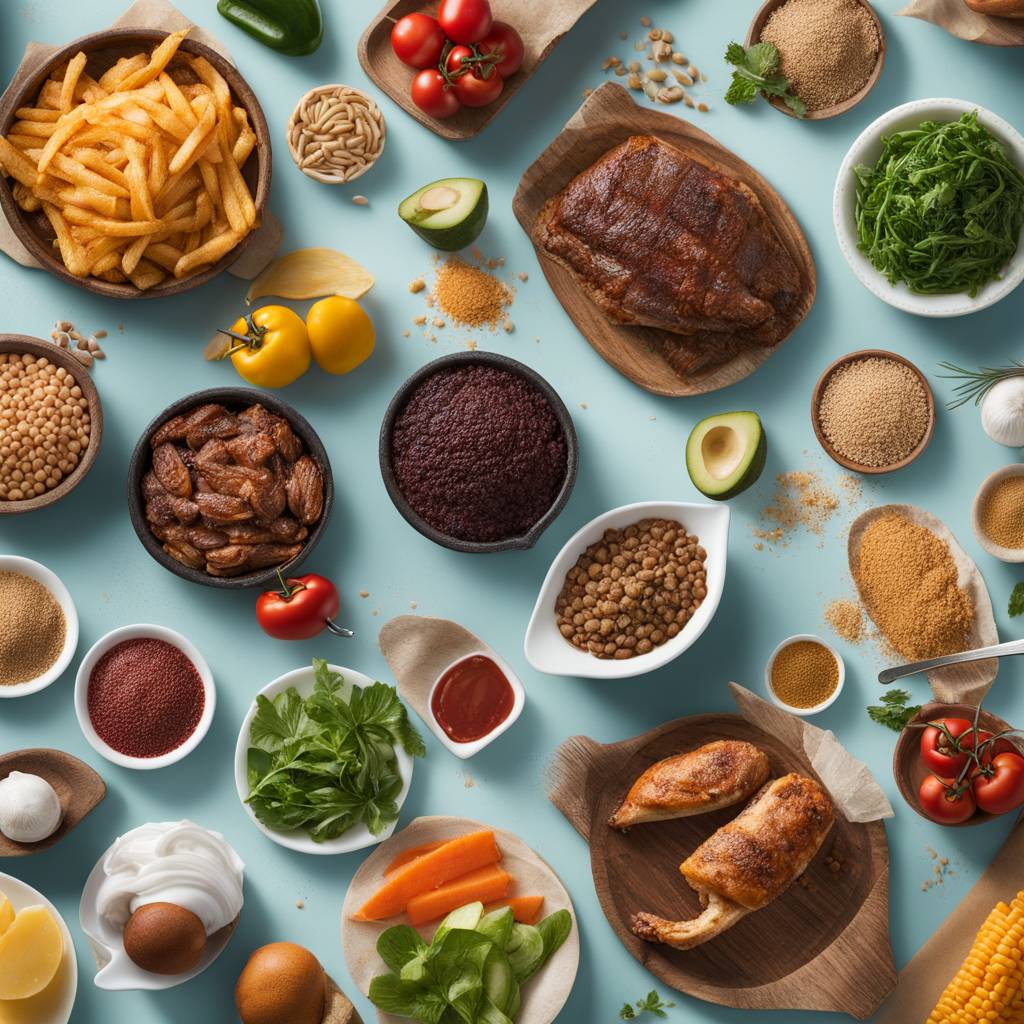The impact of the carbon tax on the price of food and non-alcoholic beverages in Saskatchewan in 2023 resulted in a 0.7 per cent increase, according to University of Calgary economics professor Trevor Tombe. Through modeling data from a Statistics Canada database, Tombe found that the carbon tax raised the price of fuel and gasoline, which then affected the prices of various goods through the supply chain, including food. He explained that the increase in food prices was not directly linked to the carbon tax but rather to the energy-intensive nature of food production and manufacturing processes.
Tombe further explained that the cost of manufacturing food items, such as those found in the middle of grocery stores, also contributes to the increase in prices. He mentioned that the production of these items requires energy, which is impacted by the carbon tax. Jason Childs, associate professor of economics at the University of Regina, stated that ultimately consumers bear the cost of the carbon tax and will see an increase in prices. He emphasized that Canadians would end up paying for the tax either through higher grocery prices or through other means, such as lower returns on pension funds.
According to Statistics Canada officials, the Federal Carbon Levy implemented in Saskatchewan in April 2019 led to a 26.6 per cent increase in food prices purchased from stores by February 2024 compared to April 2019. In comparison, prices for food purchased from stores in Saskatchewan increased by 24.7 per cent in February 2024 compared to February 2019. Despite these price increases, Saskatoon’s Steep Hill Food Co-Operative manager Amielle Christopherson noted that the store had not experienced significant impacts on its food prices. She mentioned a slight rise in shipping and production costs, which they have adjusted to by matching prices accordingly.
In summary, the implementation of the carbon tax in Saskatchewan had a noticeable impact on the price of food and non-alcoholic beverages in the province in 2023. The tax raised the cost of fuel and gasoline, leading to an increase in prices across various goods through the supply chain, particularly affecting energy-intensive items like food. While there isn’t a direct link between the carbon tax and food prices, the associated costs of production and manufacturing contribute to the overall increase. Consumers are expected to bear the brunt of the tax, paying for it through higher grocery prices or other financial impacts.
Statistics Canada data showed a significant increase in food prices purchased from stores in Saskatchewan since the implementation of the carbon tax in April 2019. By February 2024, prices had risen by 26.6 per cent compared to April 2019 and 24.7 per cent compared to February 2019. Despite these price hikes, some local businesses like the Steep Hill Food Co-Operative in Saskatoon have only experienced minor impacts on food prices. The manager mentioned slight increases in shipping and production costs, which were adjusted to maintain pricing stability for consumers. Overall, the carbon tax has had a noticeable effect on the economy and consumer prices in Saskatchewan.


